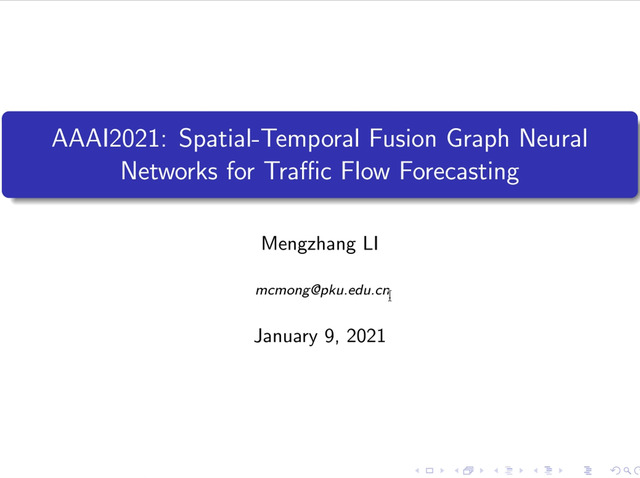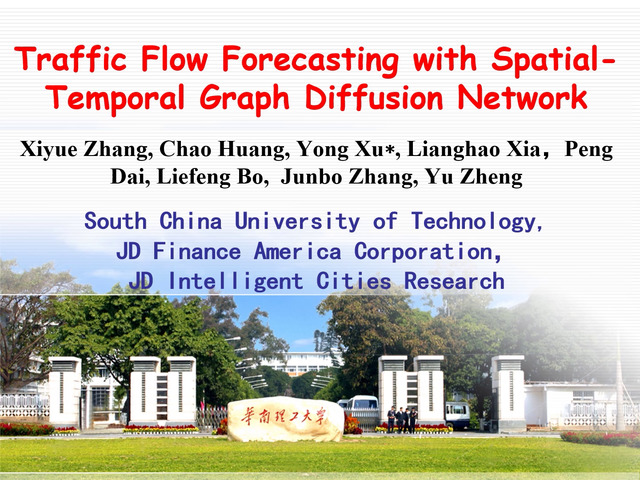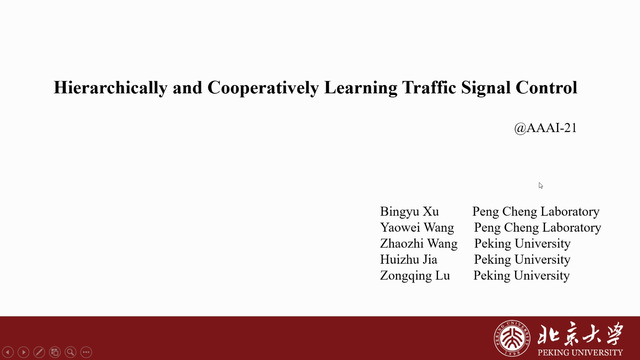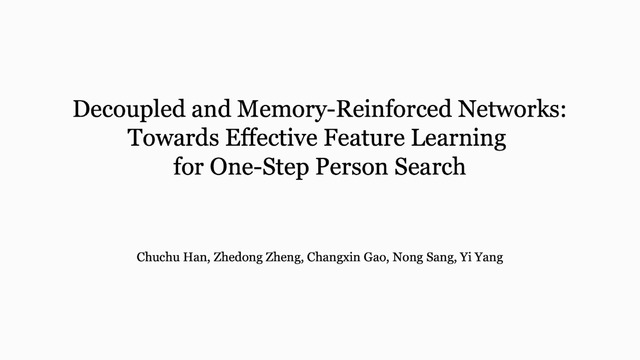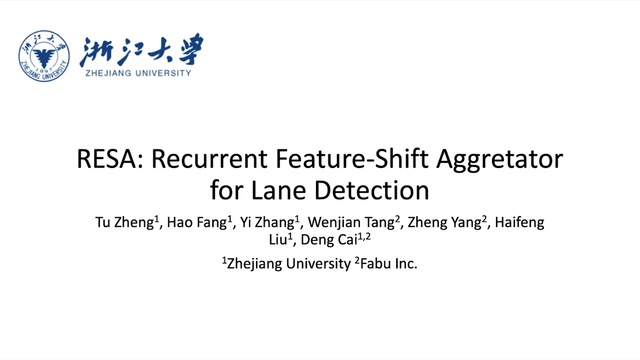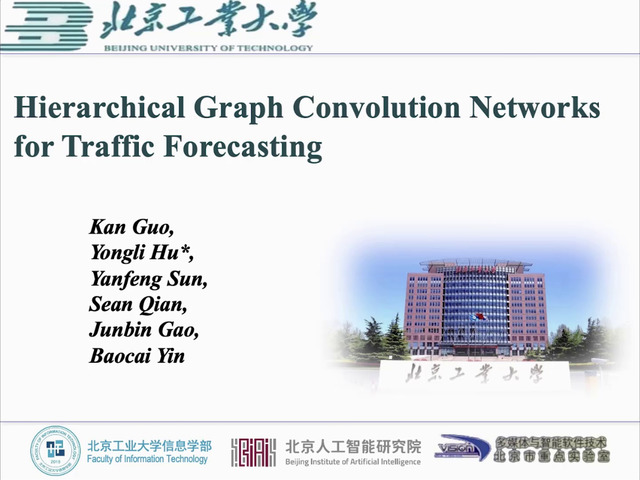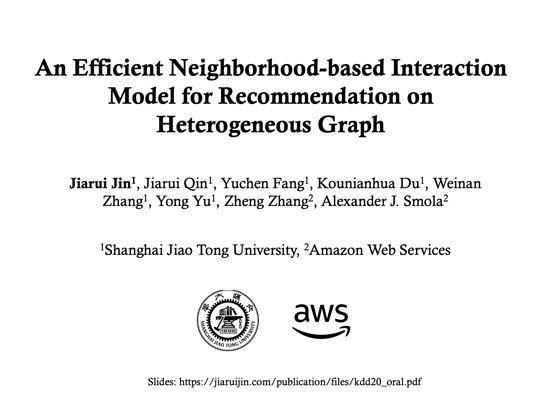Abstract:
Many efforts are devoted to predicting congestion evolution using propagation patterns that are mined from historical traffic data. However, the prediction quality is limited to the intrinsic properties that are present in the mined patterns. In addition, these mined patterns frequently fail to sufficiently capture many realistic characteristics of true congestion evolution (e.g., asymmetric transitivity, local proximity). In this paper, we propose a representation learning framework to characterize and predict congestion evolution between any pair of road segments (connected via single or multiple paths). Specifically, we build dynamic attributed networks (DAN) to incorporate both dynamic and static impact factors while preserving dynamic topological structures. We propose a Deep Meta Learning Model (DMLM) for learning representations of road segments which support accurate prediction of congestion evolution. DMLM relies on matrix factorization techniques and meta-LSTM modules to exploit temporal correlations at multiple scales, and employ meta-Attention modules to merge heterogeneous features while learning the time-varying impacts of both dynamic and static features. Compared to all state-of-the-art methods, our framework achieves significantly better prediction performance on two congestion evolution behaviors (propagation and decay) when evaluated using real-world dataset.


